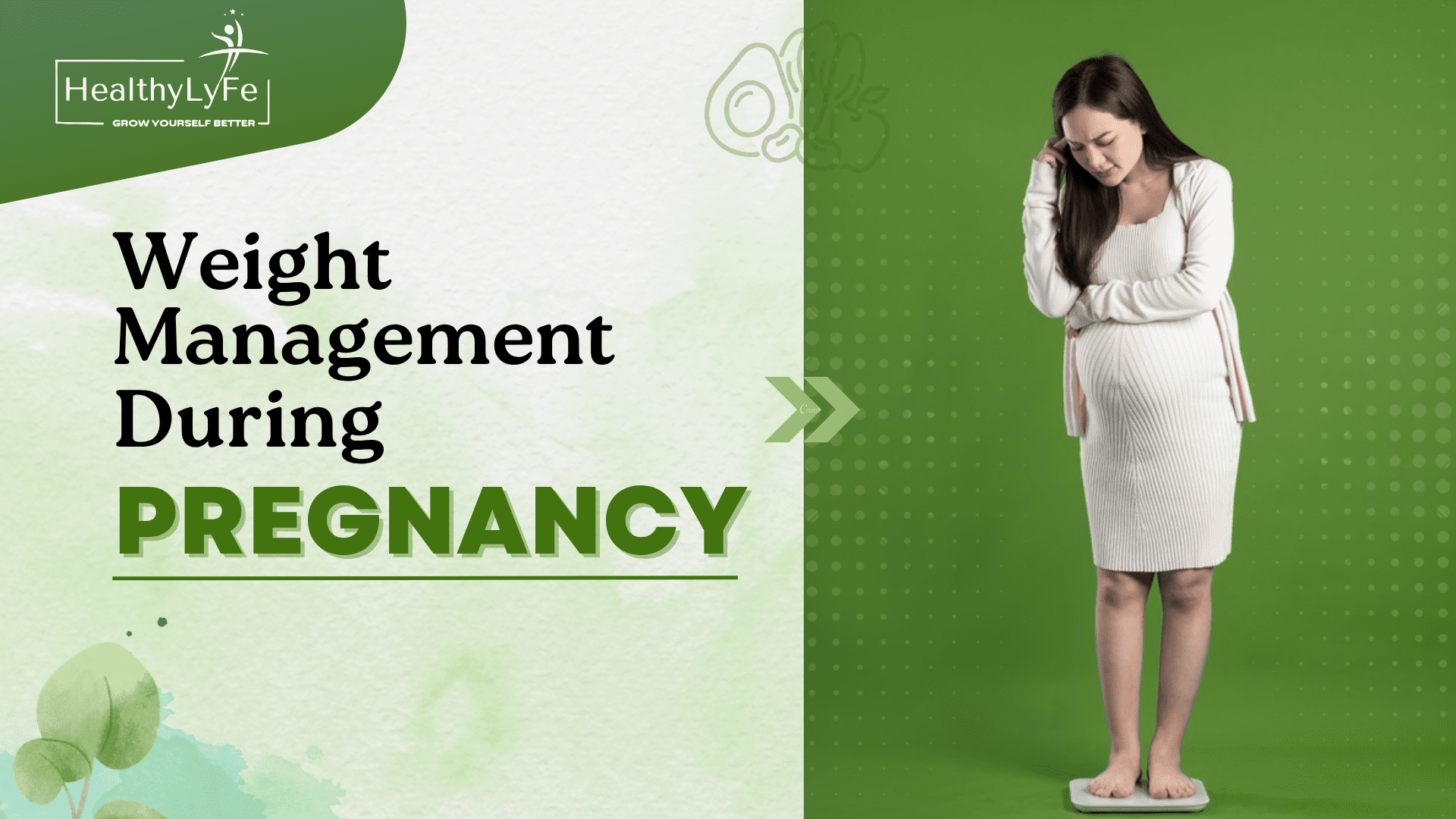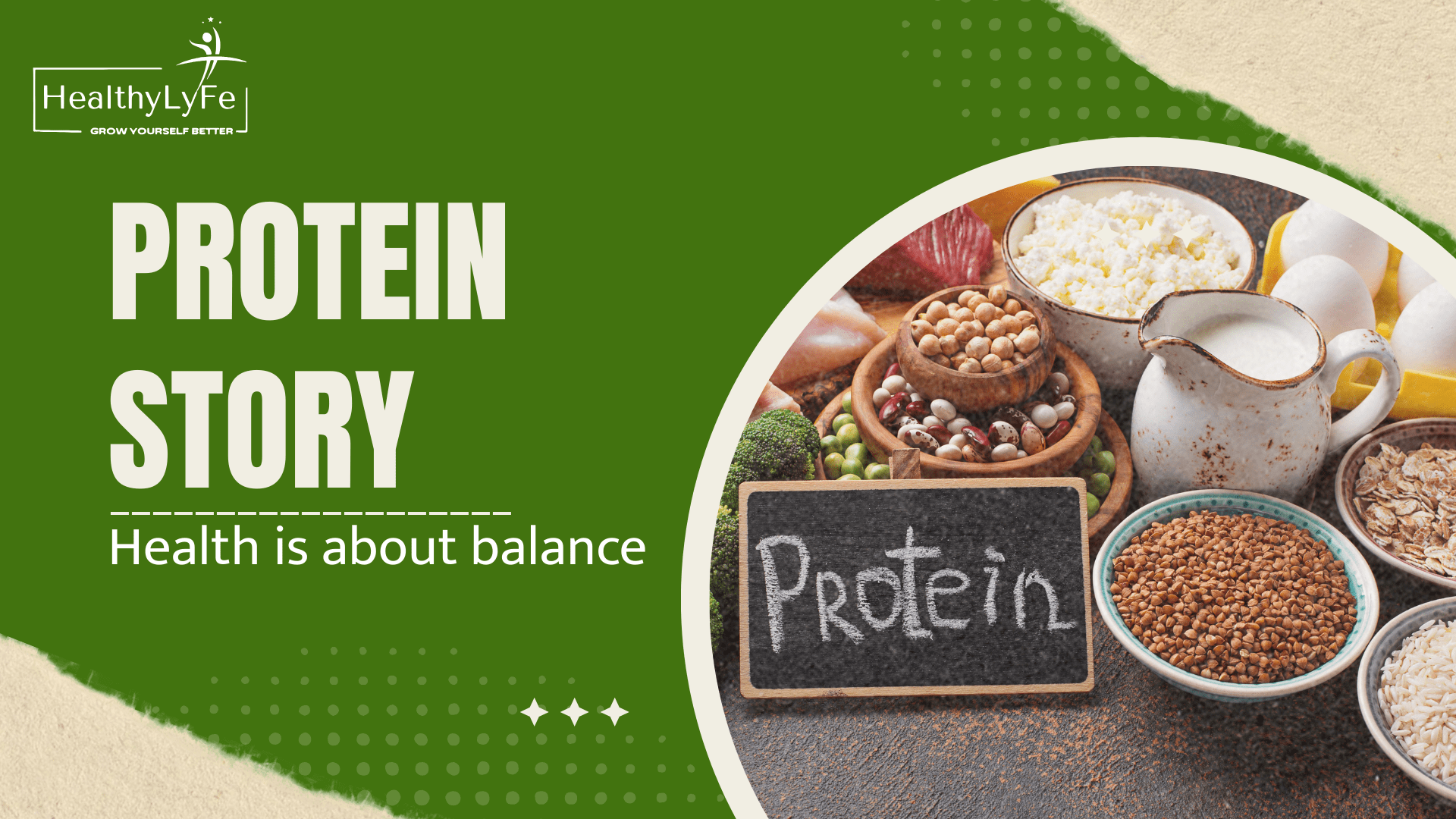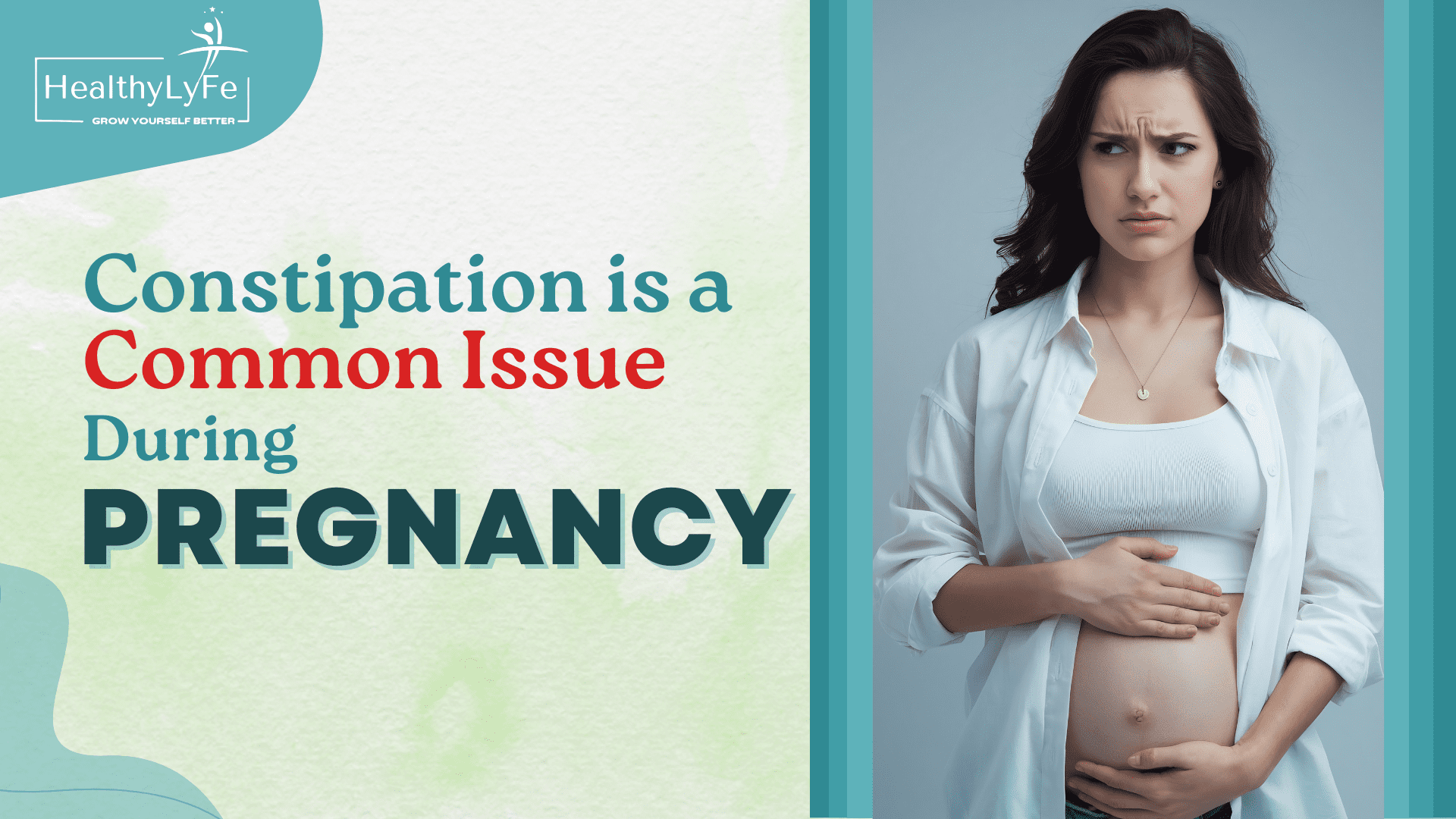Weight gain in pregnancy
Gaining weight during pregnancy is completely natural! One of the main reasons is that the body starts storing fat—not without purpose. This fat forms a soft, cushiony layer around the baby, offering protection and warmth.
But that’s not all—these fat stores also act as energy reserves. Pregnancy puts a high demand on the body’s energy, and these reserves ensure that both mom and baby have enough fuel, especially during times when the body needs it most. It’s the body’s smart way of preparing for the journey ahead.
The body needs extra fat to make breast milk. After delivery, these fat stores help produce milk even if calorie intake is low.
Also the hormonal changes that are taking place are the reason for weight gain. 10 to 12kgs is normal but the gaining weight beyond that is really not right.
“Gaining excessive weight during pregnancy can lead to several complications for both mother and baby.”
Gestational diabetes: Is a type of diabetes that develops during pregnancy, usually around 24–28 weeks. It happens when pregnancy hormones interfere with insulin, causing high blood sugar levels. Most women don’t show symptoms, which is why routine screening is important. If not managed, it can lead to a larger baby, delivery complications. GDM also increases the risk of C-section and future type 2 diabetes for both mother and child. It can be controlled with a healthy diet, exercise, and sometimes medication or insulin. With proper care, most women with GDM go on to have healthy pregnancies and babies.
High Blood Pressure in Pregnancy
High blood pressure (hypertension) during pregnancy can occur before or develop after 20 weeks (gestational hypertension). It puts extra strain on the heart and reduces blood flow to the placenta, which can affect baby’s growth. Common symptoms include swelling, headaches, and vision changes, but some women may have no symptoms at all. Regular monitoring, a low-salt diet, and doctor-prescribed medications can help manage it. Early detection and proper care are key to preventing complications for both mother and baby.
Higher Risk of Caesarean Delivery (C-Section)
Excessive weight gain during pregnancy can increase the chances of needing a C-section. This is because higher body weight may lead to larger babies (macrosomia), making vaginal delivery more difficult or risky. Extra fat around the abdomen can also make it harder for the uterus to contract effectively during labor. Additionally, complications like high blood pressure, gestational diabetes, or slow labor progression are more common in women with excess weight—often leading doctors to recommend a surgical delivery for the safety of both mother and baby.
Postpartum Weight Retention
Gaining too much weight during pregnancy can make it harder to lose that weight after delivery, leading to postpartum weight retention. This can increase the risk of long-term obesity, type 2 diabetes, and heart disease. Hormonal changes, reduced physical activity, emotional stress, and time constraints with a new born can all contribute. Retaining excess weight can also impact future pregnancies, making them higher risk. Managing weight gain during pregnancy through balanced eating and moderate activity helps reduce this issue.



